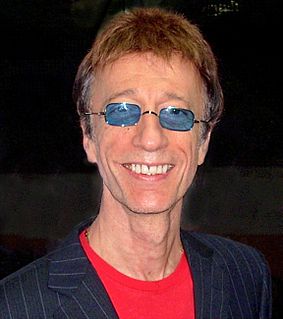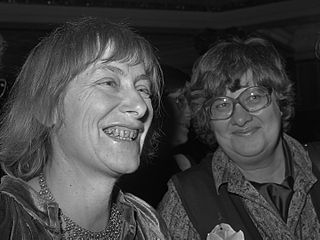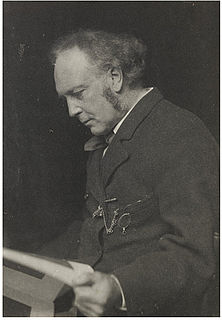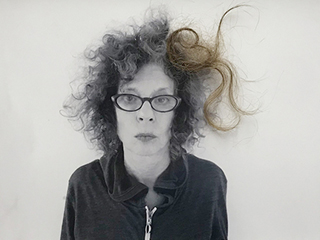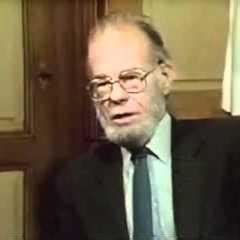A Quote by Erving Goffman
There seems to be no agent more effective than another person in bringing a world for oneself alive, or, by a glance, a gesture, or a remark, shriveling up the reality in which one is lodged.
Related Quotes
Becoming a vegetarian is not merely a symbolic gesture. Nor is it an attempt to isolate oneself from the ugly realities of the world, to keep oneself pure and so without responsibility for the cruelty and carnage all around. Becoming a vegetarian is a highly practical and effective step one can take toward ending both the killing of nonhuman animals and the infliction of suffering on them.
I tell myself it's a virtue, my failure to sleep in my own house, or at all. I tell myself that I spend more hours than most people aware that I am alive, and that over a lifetime this adds up to more living, more aliveness. I am more alive than the rest of my family. Which is my greatest night fear. Which is why I hunt. I don't ever want to be more alive than they are.
Every acceptance of suffering is an acceptance of that which exists. The denial of every form of suffering can result in a flight from reality in which contact with reality becomes ever thinner, ever more fragmentary. It is impossible to remove oneself totally from suffering, unless one removes oneself from life itself, no longer enters into relationships, makes oneself invulnerable.
What is magic? In the deepest sense, magic is an experience. It's the experience of finding oneself alive within a world that is itself alive. It is the experience of contact and communication between oneself and something that is profoundly different from oneself: a swallow, a frog, a spider weaving its web.
I'm not a wildly gifted person; I don't play an instrument or speak another language or have great accomplishments in another field, as many writers do. But writing feels natural to me; the act of it seems to free up my unconscious, so that sometimes I feel that I have access to more ideas and information than my conscious mind could think up.
Maybe each human being lives in a unique world, a private world different from those inhabited and experienced by all other humans. . . If reality differs from person to person, can we speak of reality singular, or shouldn't we really be talking about plural realities? And if there are plural realities, are some more true (more real) than others?
Different ages have certain approaches, which may be more effective for one age and no longer effective in another age. The world that we live in now has much greater density to it; it is much more all-pervasive. And when I say "world," I include the human mind in it. The human mind has grown even since the time of the Buddha, 2,500 years ago. The human mind is more noisy and more all-pervasive, and the egos are bigger.
Fiction seems to be more effective at changing beliefs than nonfiction, which is designed to persuade through argument and evidence. Studies show that when we read nonfiction, we read with our shields up. We are critical and skeptical. But when we are absorbed in a story, we drop our intellectual guard. We are moved emotionally, and this seems to make us rubbery and easy to shape.
The purely material world seems to have more in common than we with the unchanging and everlasting years of the Great Creator. Yet we know that it is not so. In reality the rocks are less enduring than man. Each man's personal self will still survive for weal or woe, when another catastrophe shall have utterly changed the surface of this planet, and the elements shall have melted with fervent heat, and the earth also and all things that are therein shall have been burnt up.
Digital technology, you see, is not the villain here. It simply offers another dimension. I'm not sure if it's a farther remove from reality than analogue. I think if we can speak of reality, if reality and representation can be spoken of in the same sentence, if reality even exists any more, digital is simply another way of encoding that reality.

